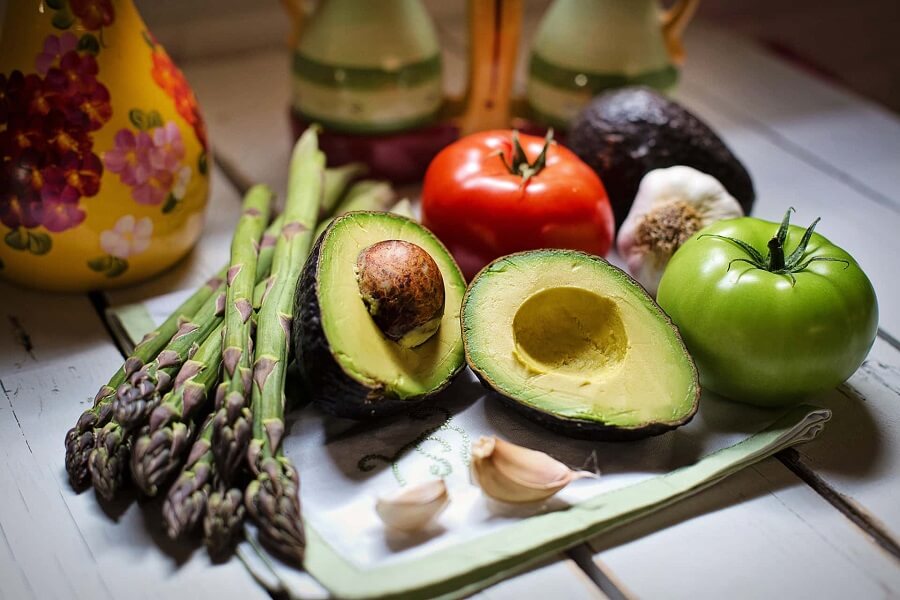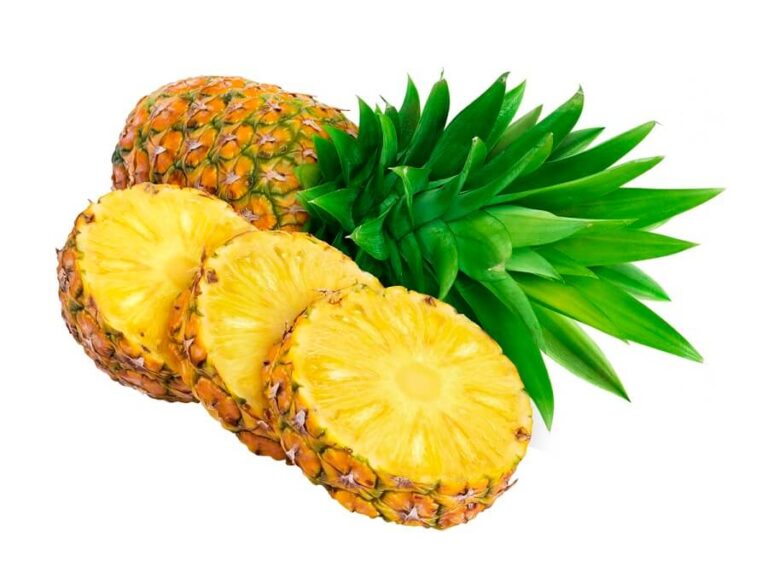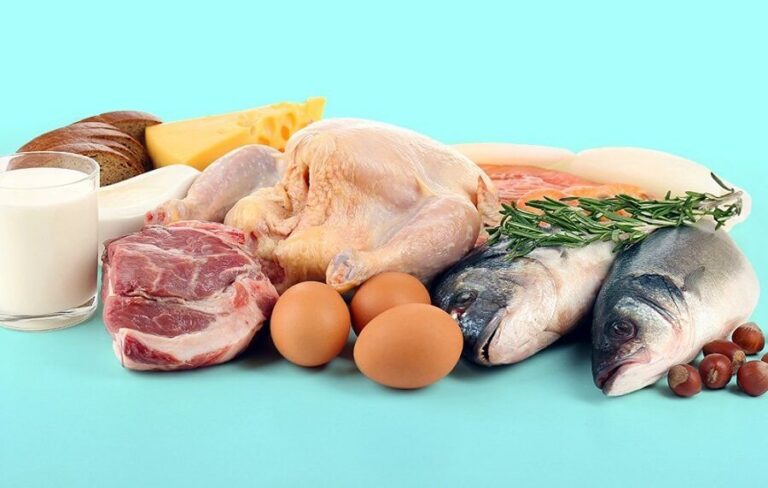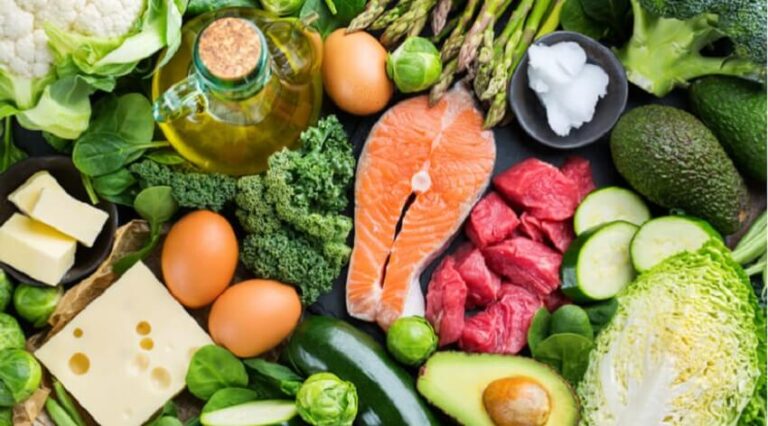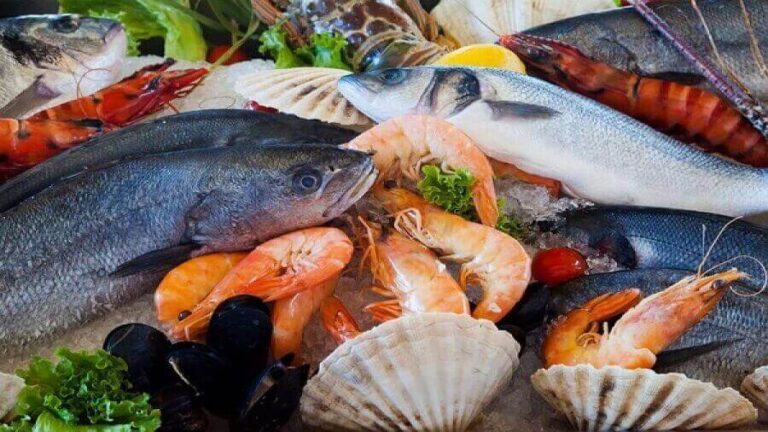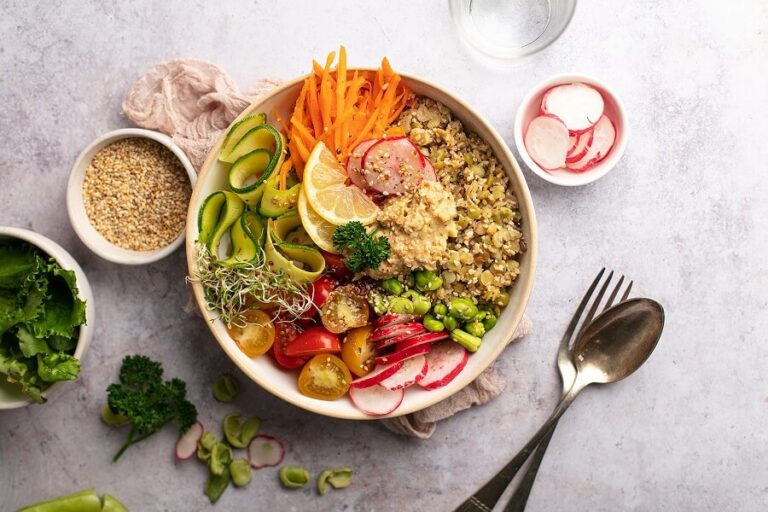Most children and adults have too much sugar in their diet.
Following a diet without added sugar is used by nutritionists and doctors to regulate body weight.
Even the WHO has declared that excess sugar is one of the main causes of overweight and obesity in the world. (1)
A diet with no added sugar can help you prevent chronic diseases like type 2 diabetes and reduce your risk of heart disease, even some types of cancer. (4,5,6)
This article details a diet menu without added sugar, so cutting sugar from the diet is not a problem.
Sugar Free Diet – How to Eat Without Added Sugar?
The first thing to do on a sugar-free diet is to identify where you are, as well as know what your close relatives are: other simple carbohydrates.
In a sugar-free diet, all types of sugar should be limited as much as possible, as well as reduce the consumption of industrial products that contain added white sugar as the main ingredient, as well as sugary soft drinks and juices.
Limiting the consumption of candy, cookies, donuts, jams, and cakes is the basis. On a sugar-free diet, plant foods, meats, eggs, dairy, cereals, and even some types of chocolate are allowed.
Sugar Free Diet – Benefits
One of the main benefits of eating a sugar-free diet is regulating blood glucose levels. Some doctors and nutritionists use this method as a type 2 diabetic treatment.
The reduction of sugar in the diet smoothes the rise and fall of insulin in the blood. In addition, an added sugar-free diet menu plan has the added benefit of healthy weight loss.
The benefits of a sugar-free diet are:
- Regulate blood sugar levels
- Healthy weight loss
- Reduce food cravings
- Prevent type 2 diabetes
- Lower the chances of cardiovascular disease
- Reduce bad LDL cholesterol
How do you cut sugar from the diet?
Sugar
To cut sugar from the diet, it is best to do a gradual process. This is the best way to prevent sweet food cravings. When doing a sugar-free diet, the first thing to do is to cut out the foods that have the highest content: sweets, candies, cakes, and ice cream. Then go eliminating the rest little by little. Here are the steps to cut sugar from your diet:
Avoid eating sugary foods in the morning granola (muesli), and breakfast cereals usually have sugar as the first ingredient in their composition. While they may seem healthy, cutting them early in the morning is essential in the diet.
- Substitute complex carbohydrates for sugar
Complex carbohydrates are those contained in cereals, pseudo-cereals, and vegetables. Oats, quinoa, and buckwheat are foods that allow replacing sugar healthily.
- Eliminate sweet foods from the cupboard
Make sure you don’t have sweet foods, cookies, ice cream, chocolates, and donuts. The availability of foods with sugar in your home will make a diet without sugar a much more complex task.
- More fruits and dark chocolate
Eating fruits and dark chocolate with no added sugar is an excellent combination and is allowed on a sugar-free diet. This will soften the urge to eat something sweet.
- Use more cinnamon in meals.
One of the properties of cinnamon is to regulate insulin levels. Including this spice in desserts or coffee will make a sugar-free diet an easier task.
- Check foods classified as light.
To cut the sugar, you should always check the labels where it is hidden. Even products classified as lights tend to have high sugar content in their composition. In some cases, they hide it under sucrose or sucrose.
- Sugar substitutes in moderation
Sugar substitutes are permitted ingredients in a diet without sugar. The use of sugar alcohols or stevia in moderate amounts is a healthier way to substitute the sweet taste. However, overdoing it is not recommended. Research has confirmed that they can maintain the addiction to the sweet taste. (5.6)
Foods allowed on a sugar-free diet:
- Meats (fish, chicken, red meat)
- Cereals and cereal bran
- Nuts
- Vegetables
- Oils (coconut, olive, sunflower, canola)
- Seeds (chia, flax, sunflower)
- Eggs
- Manteca
- Coco
- Vegetables
- Avocado
- Cocoa and chocolates without added sugar
- Jams without sugar
- Fruits
- decremented dairy
Foods not allowed on a sugar-free diet:
- Sugar (all types)
- Honey
- Sugary soft drinks
- Donuts
- Sweet cookies
- Cakes
- Jams with sugar
- By sweet corn
- Candies
- Chocolates with sugar
- Sugary cereals
- Muesli
- Sweet drinks
- Ice creams
Sugar Free Diet – Sample Menu Plan
An example of a menu for a sugar-free diet with an approximate caloric intake of 2200 Kcal is described below. Keep in mind that this menu is presented as an example. This should be adapted according to the weight, gender, and age of each person.
Diet without sugar menu example – 2200 Kcal per day
| Intake | Plato |
| Breakfast | Whole wheat yogurt without sugar 200 mL Almonds 15 g Whole wheat toast 1 unit Skim cheese 20 g Black coffee 100 mL |
| Lunch | Chicken fillet with brown rice and vegetables Grilled chicken fillet 120 g Zucchini 150 g Broccoli 100 g Virgin olive oil 30 mL Cherry tomatoes 50 g Brown rice 100 g Spices |
| Afternoon snack | Apple 1 unit Oat pancake 15 g of nuts |
| price | Mediterranean omelette with salad 3 eggs Potatoes 120 g Spinach 200 g Tomatoes 1 unit Arugula 100 g Walnuts 15 g Fruit 1 unit |
Added sugar and diabetes
When excess sugar occurs in the diet, blood glucose is high. To process it, the pancreas releases insulin. (2)
When this happens frequently, the body gets used to it and loses the ability to process glucose. At this time that diabetes and other disorders related to carbohydrate metabolism appear. (1)
Another benefit of a sugar-free diet is to prevent of type 2 diabetes. Healthy fats and foods with fiber predominate in a sugar-free diet: two essential food groups to control the rise and fall of insulin in the blood.
Sugar-free diet vs. ketogenic diet vs. Dukan
The answer to whether a sugar-free diet is the same as a ketogenic diet is no. The ketogenic diet and the Dukan diet are two types of diets classified as low carb diets. The amounts of carbohydrates in these eating methods are minimized.
A sugar-free diet means reducing added table sugar. However, it includes healthy complex carbohydrates: cereals, pseudo-cereals, fruits, and vegetables.
The proportions of macronutrients: carbohydrates, proteins, and fats are similar to those recommended by international organizations such as WHO and FAO in their articles on healthy eating. (1)
The keto and Dukan diets are not the most recommended for healthy weight loss.
ABSTRACT
Excess sugar is one of the main causes of type 2 diabetes, overweight, and obesity in the world.
Eating a sugar-free diet is one way to prevent these diseases.
The first step when dieting without sugar should be eliminating sweets, soft drinks, and sweets and replacing them with complex carbohydrates: cereals, pseudo-cereals, and vegetables.
Not all carbohydrate foods have sugar; knowing which ones to choose is key in this eating method.
The best way to cut sugar from your diet is to do it gradually. This way, you will avoid the constant anxiety about something sweet.

